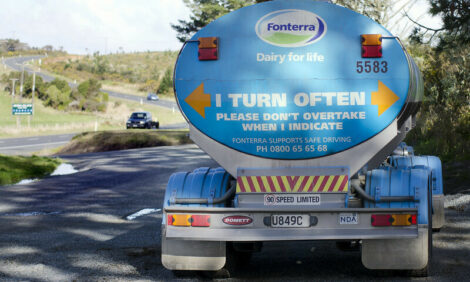



Let Americans know what they're eating
US - IF IT'S CLONED, JUST SAY SO ON THE LABELNot yet. But the FDA concluded last week that milk and meat from cloned farm animals are safe to consume. Unfortunately, the agency has not taken the additional step of requiring labels on these products.
The FDA's ruling on safety relied solely on scientific evidence, which is its job. The conclusion of all reputable studies so far is that meat and milk from cloned animals is indistinguishable from that of non-cloned animals.
But because some consumers are concerned about cloning, like genetic engineering in the food chain, labels are appropriate.
At least this time, the FDA ruling was not tainted by political influence. The Bush administration has been known to insert its views into the FDA's conclusions, most notably with Plan B, the emergency contraception pill. Despite research showing it was safe, the administration needlessly delayed over-the-counter sales for philosophical reasons.
But a finding of safety by the FDA should not preclude labeling -- and not just because of the ``yuck'' factor. (Polls show more than 60 percent of Americans are ``uncomfortable'' with the notion of cloning animals for food.) Americans should be able to control what they and their families eat. In other realms, public health officials are urging them to watch what they purchase at the grocery store or restaurant.
Labels don't have to imply warnings, either. The organic label is a selling point. If cloned cattle provide superior beef, the industry can make that a plus.
Label requirements may make cloned food more expensive and challenging to produce. For example, it could mean keeping cloned animals separate from others in the breeding chain. So be it. That's the price of the potential benefits of advanced technology.
Source: The Mercury News


